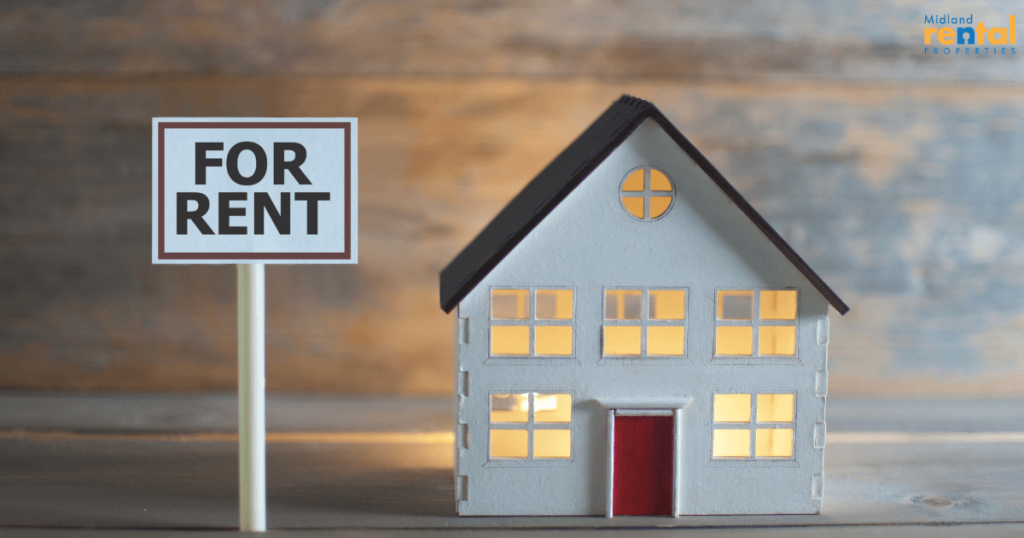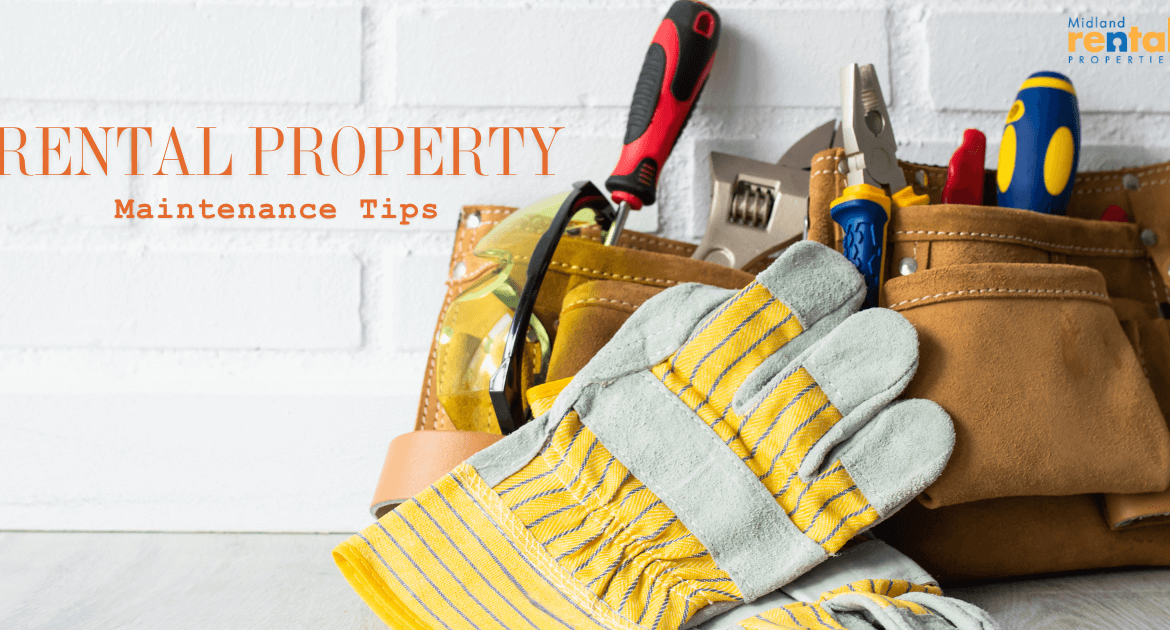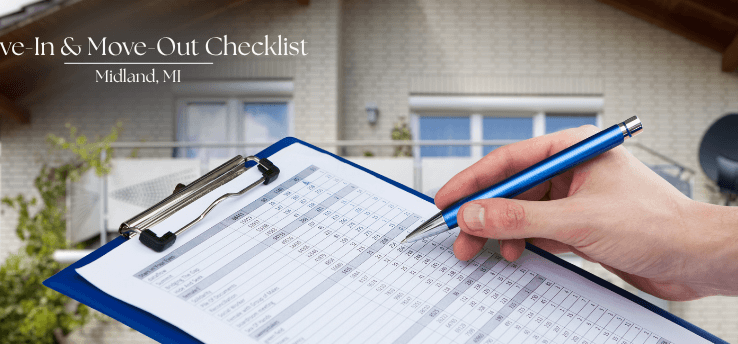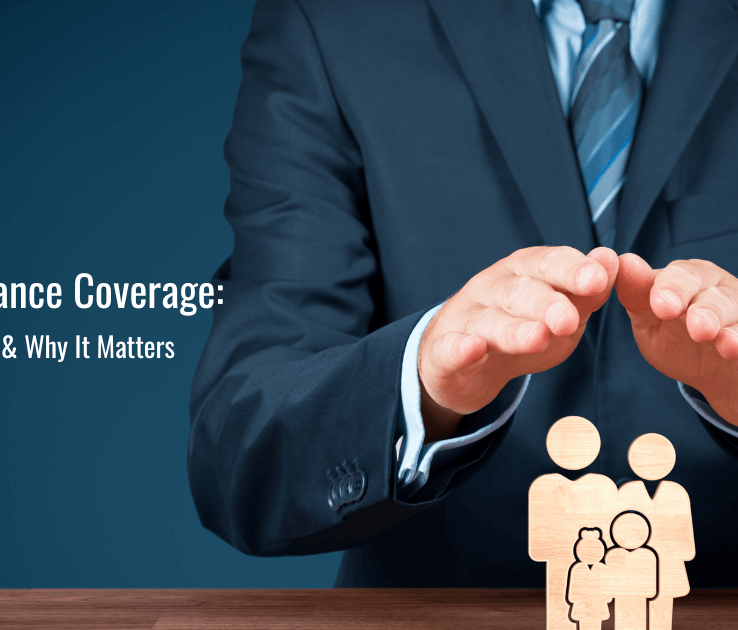Ever worried about losing part of your security deposit—or getting on your landlord’s bad side? The truth is, being a great tenant isn’t just about paying rent on time. How you maintain your rental property makes a big difference in keeping your home safe, your deposit protected, and your landlord happy.
By the end of this guide, you’ll know exactly how to protect your deposit, prevent disputes, and become the kind of tenant every landlord appreciates.
- Top 6 Habits of Responsible Tenants
- Why Maintaining Your Rental Property Matters
- Tenant vs. Landlord Responsibilities
- Tip #1: Keep the Property Clean and Organized
- Tip #2: Handle Routine Rental Maintenance
- Tip #3: Report Repairs Promptly
- Tip #4: Respect the Lease Agreement
- Tip #5: Communicate Clearly with Your Landlord
- Tip #6: Think Seasonally
- Tip #7: Avoid Common Tenant Mistakes
- Tip #8: Prepare for a Smooth Move-Out
- FAQs About Maintaining Rental Properties
- Final Thoughts

Top 6 Habits of Responsible Tenants
✅ Keep the property clean and free of pests
✅ Handle small tasks like light bulbs and air filters
✅ Report repairs to your landlord quickly
✅ Follow all rules outlined in your lease agreement
✅ Communicate clearly and respectfully with your landlord
✅ Document move-in and move-out conditions with photos
Why Maintaining Your Rental Property Matters
Rental property maintenance is about more than just appearances. Here’s why it’s so important:
- Protects your security deposit – Damage or deep cleaning fees are the #1 reason tenants lose money.
- Prevents costly issues – A $10 repair today can prevent a $1,000 bill later.
- Keeps your home safe and comfortable – Functional systems and clean living areas reduce stress.
- Keeps your landlord happy – Responsible tenants often enjoy faster repairs, lease renewals, and great references.
Tenant vs. Landlord Responsibilities
Not sure what’s your job and what’s your landlord’s? Here’s a quick breakdown:
| Tenant Responsibilities | Landlord Responsibilities |
|---|---|
| Keeping the home clean | Structural repairs (roof, foundation, walls) |
| Replacing light bulbs & filters | Major systems (HVAC, plumbing, electrical) |
| Preventing pests with good cleaning | Repairing/replacing appliances |
| Lawn care or snow removal (if listed in lease) | Ensuring property meets safety & housing codes |
| Reporting damages promptly | Addressing repair requests in a timely manner |
| Gray Area: Pest control – may depend on cause (tenant neglect vs. building conditions) | Gray Area: Lawn care – may depend on lease terms |
Responsibilities may vary by state, so always check your lease agreement and review resources like HUD’s guide to tenant rights.
Tip #1: Keep the Property Clean and Organized
A clean home isn’t just pleasant—it prevents pests, odors, and long-term damage.
- Floors & Carpets – Vacuum weekly and clean spills right away.
- Kitchen – Wipe surfaces, clean stovetops, and avoid grease buildup.
- Bathrooms – Scrub tile and grout to prevent mold.
- Shared Spaces – Clean up after yourself in laundry rooms or hallways.
- Outdoor Areas – Sweep patios, mow lawns, or shovel snow if your lease requires it.
Tip #2: Handle Routine Rental Maintenance
Most leases expect tenants to take care of small fixes. Stay on top of:
- Replacing HVAC filters every 1–3 months.
- Changing smoke detector batteries.
- Using drain strainers to prevent clogs.
- Keeping vents clear of furniture or dust.
- Protecting pipes in winter with slow-drip faucets.
Tip #3: Report Repairs Promptly
One of the most important parts of rental property maintenance is reporting repairs quickly.
- Water Leaks – Even tiny drips can cause mold and structural damage.
- Electrical Problems – Sparks, warm outlets, or flickering lights should never be ignored.
- Appliances – Report broken stoves, dishwashers, or AC units immediately.
- Structural Issues – Loose railings, damaged flooring, or broken windows can be safety hazards.
Always put repair requests in writing (email or text) so you have a record.
Tip #4: Respect the Lease Agreement
Your lease is your guide to what’s expected of you. Common rules include:
- No unauthorized painting, drilling, or renovations.
- Follow pet rules (breed restrictions, fees, cleaning expectations).
- Respect smoking bans if they exist.
- Keep noise levels within acceptable limits.
Want to make sure you don’t lose money when moving out? Check out our complete guide to security deposits for renters.
Tip #5: Communicate Clearly with Your Landlord
Good communication is the foundation of a healthy landlord-tenant relationship.
- Be polite – Even in stressful situations, keep your tone respectful.
- Be proactive – Let your landlord know about small problems before they escalate.
- Keep records – Save emails and texts regarding repairs or agreements.
- Give notice – Whether you’re moving out or requesting repairs, follow the proper notice period.
Tip #6: Think Seasonally
Rental property upkeep changes with the seasons.
Spring/Summer:
- Check AC filters and thermostats.
- Keep lawns mowed and gardens weeded.
- Watch for pests like ants and wasps.
Fall/Winter:
- Clear gutters and fallen leaves (if required by lease).
- Test heaters and replace furnace filters.
- Drip faucets in freezing weather to prevent pipe bursts.
- Shovel snow or salt sidewalks if responsible.
Regional Note: In warmer states, focus on pest prevention and AC upkeep. In colder climates, frozen pipes and heating systems are the top priorities.
Tip #7: Avoid Common Tenant Mistakes
Many tenants unknowingly cause problems that cost them money later. Avoid these pitfalls:
- Waiting too long to report issues.
- Using harsh cleaners that damage countertops or flooring.
- Trying unauthorized DIY fixes.
- Leaving trash or clutter that attracts pests.
- Forgetting to document the property’s condition during move-in.
Tip #8: Prepare for a Smooth Move-Out
When your lease ends, how you leave the property matters.
- Deep clean the entire unit, including appliances and windows.
- Patch nail holes and touch up paint if required.
- Remove all trash and personal belongings.
- Take clear photos to document the property’s condition.
- Request a move-out inspection to resolve issues before they affect your deposit.
FAQs About Maintaining Rental Properties
Who is responsible for rental property maintenance?
Tenants handle cleaning and minor upkeep, while landlords take care of major repairs and ensuring the property meets safety codes.
What if my landlord ignores repair requests?
Document your requests in writing. If ignored, check your state’s tenant rights—many allow rent withholding or repair-and-deduct options.
Can landlords charge for normal wear and tear?
No. Landlords can’t deduct for reasonable wear like faded paint or worn carpet, only for damage or neglect.
What’s the best way to ask a landlord for repairs?
Be polite, clear, and specific. Include photos if possible, and always communicate in writing.
Can I make improvements to my rental?
Only with written permission. Unauthorized changes could cost you part of your deposit.
Can a landlord evict me for not maintaining the property?
Yes, in some cases. If neglect leads to major damage, safety hazards, or lease violations, eviction may be possible depending on state laws.
How do I avoid losing my security deposit?
Keep the unit clean, report issues promptly, follow the lease, and leave the property in move-in condition when you leave.
Final Thoughts
Maintaining your rental property doesn’t require a lot of effort—it requires consistency, communication, and respect. By staying on top of cleaning, handling minor tasks, reporting repairs quickly, and following your lease, you’ll not only protect your deposit but also build a strong landlord-tenant relationship.
Landlords value tenants who care for their properties. Responsible renters often receive faster repairs, flexible lease renewals, and glowing references—making your next rental experience even easier.
Want to learn more about being a great tenant? Explore our renter’s guide for tips on deposits, leases, and finding the right rental property.











1 Comment
Comments are closed.